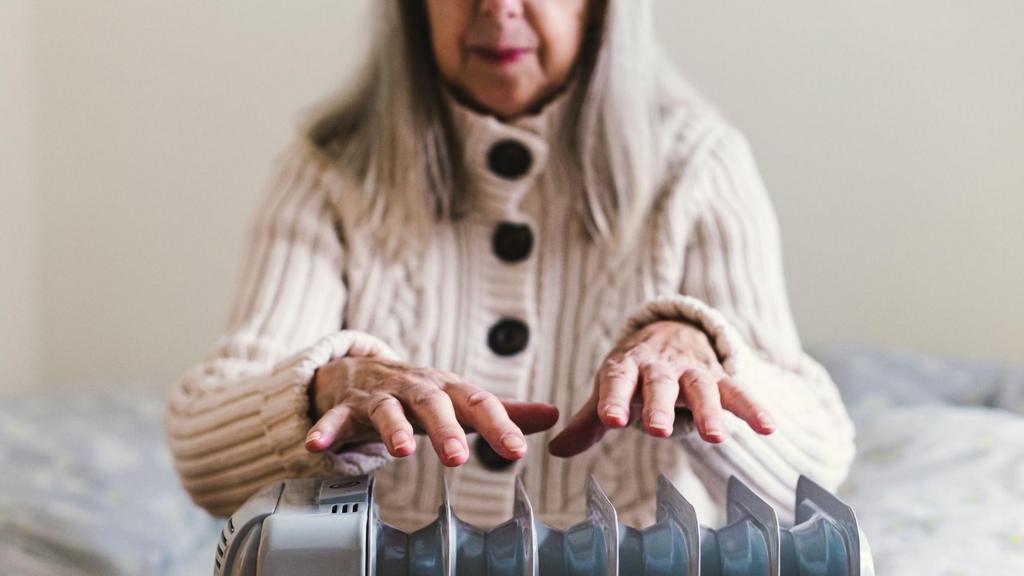Chancellor Rachel Reeves has announced an expansion of the winter fuel payment eligibility criteria, reversing a previous policy decision. This follows widespread criticism of the 2024 changes, which restricted payments to pensioners receiving pension credit or other means-tested benefits, excluding millions.
The government’s 2024 decision sparked significant backlash from charities, unions, and MPs concerned about the impact on vulnerable older people, many of whom missed out despite needing financial assistance.
While Reeves confirmed more individuals will qualify for the winter fuel payment in 2025, precise details regarding eligibility will be revealed during the Spending Review on June 11th, with full specifics deferred until the Budget later this year.
The winter fuel payment, previously accessible to all pensioners, was designed to offset rising energy costs during winter months. However, the July 2024 policy shift, as reported by the BBC, restricted payments to low-income individuals claiming specified benefits.
This resulted in over 10 million pensioners being ineligible for the 2024 payment, a decision widely condemned. The policy’s impact is speculated to have contributed to Labour’s losses in the May local elections.
Following considerable speculation, Reeves confirmed in early June (BBC News): “People should be in no doubt that the means test will be broadened, and more people will receive the winter fuel payment this winter.” However, the precise scope of the expansion and associated costs remain undisclosed.
Currently, the winter fuel payment amounts to £200 for those born between September 23rd, 1944, and September 22nd, 1958, and claiming specific benefits; it’s £300 for those born before September 23rd, 1944, under similar conditions. Only one payment is made per couple. Although automatically disbursed, eligibility in 2024 heavily depended on existing pension credit registration.
Pension credit, a valuable state pension supplement, unlocks access to additional support, including council tax reductions, free TV licenses (for over 75s), and NHS cost assistance. Despite government campaigns, over half a million eligible pensioners remain unclaimed. Eligibility is determined by income (under £218.15 weekly for individuals, £332.95 jointly), savings, and other factors; a government calculator and information on claiming are available.
Payments are typically made in November/December, preceded by a confirmation letter. The surge in pension credit applications following the 2024 rule change led to delays for some, prompting the Department for Work and Pensions (DWP) to deploy 500 additional staff to expedite processing. The government estimates approximately 1.9 million pensioners (15%) live in relative poverty (income below 60% of the median).
Work and Pensions Secretary Liz Kendall, as reported by the BBC, predicted a significant increase in pensioner poverty due to the 2024 changes, stating the means-testing was an unintended consequence. The government (letter to MPs) justified the targeting of support towards those most in need. Keir Starmer highlighted the 4.1% increase in state pensions and pension credit from April 2025 under the “triple lock” (BBC News).
The Work and Pensions Select Committee is conducting an inquiry into pensioner poverty, further guidance is available from the government-backed MoneyHelper website, along with online calculators from Policy in Practice, Entitledto, and Turn2us.
Northern Ireland and Scotland have also implemented changes to their respective winter fuel support programs, reflecting budgetary constraints and differing policy approaches. Scotland’s new scheme provides payments to all Scottish pensioners, incorporating supplemental welfare measures and home energy efficiency funding (Warmer Homes Scotland Scheme).
You can read more Cost of Living stories here.
Hundreds of social media posts have been removed following a regulatory campaign.
UK inflation has decreased but remains above the Bank of England’s 2% target.
A Supreme Court decision could unlock compensation for millions of motorists.
Bank of England interest rate adjustments affect mortgage, loan, and savings rates.
Rachel Reeves confirms expanded winter fuel payment eligibility, though specific details remain pending.

